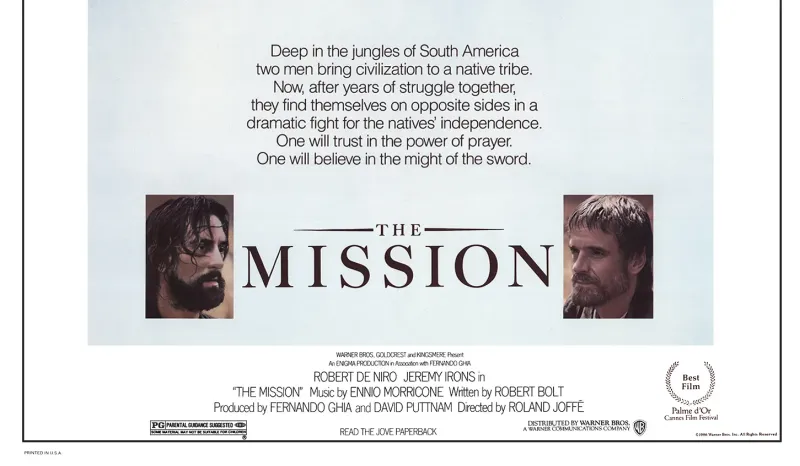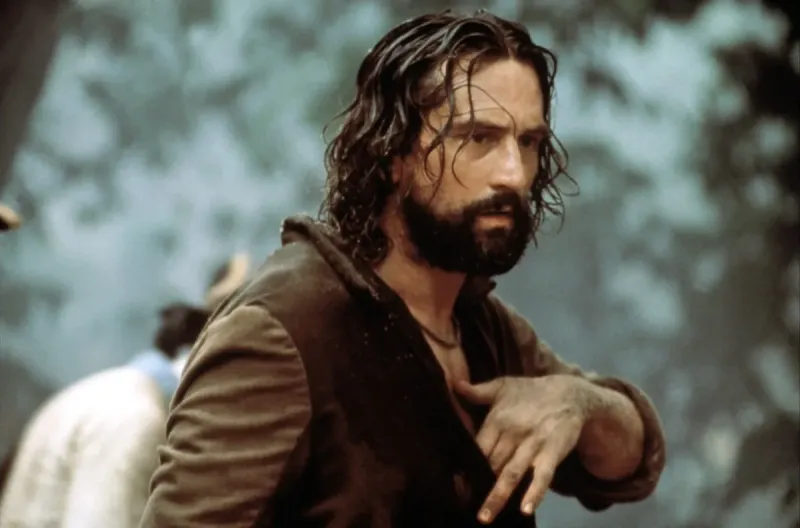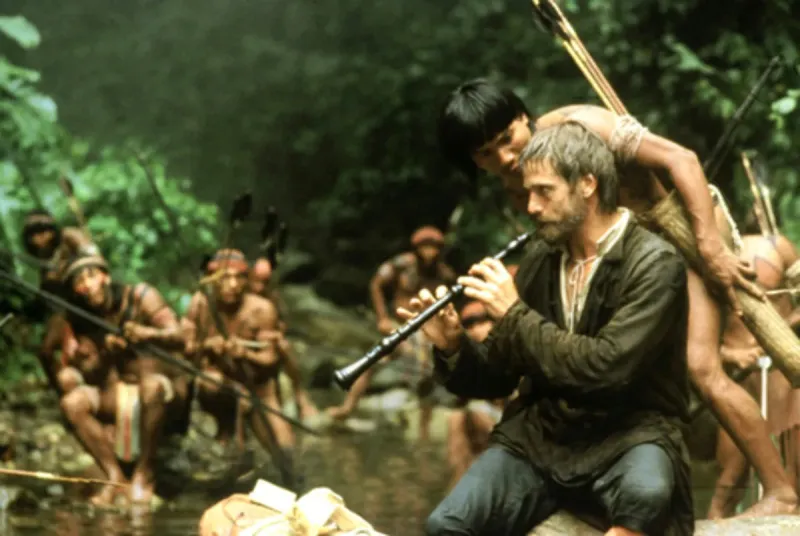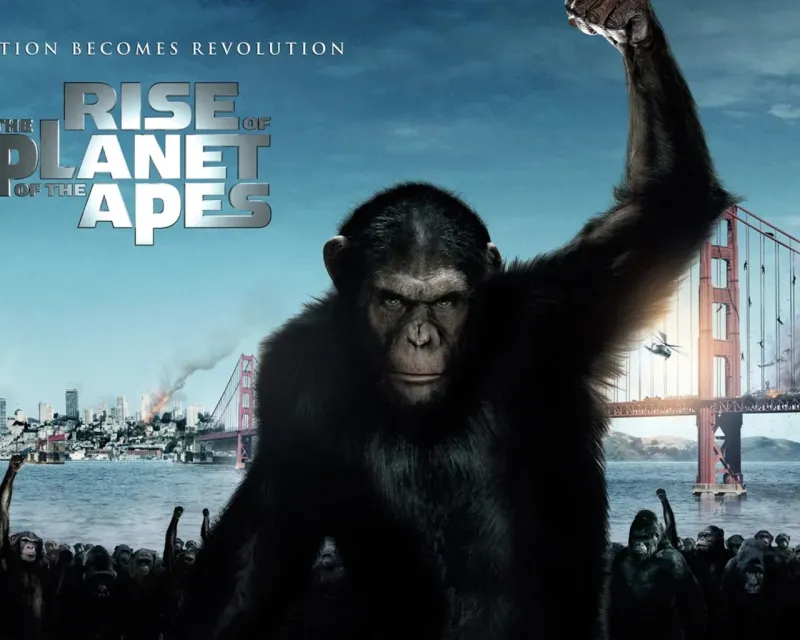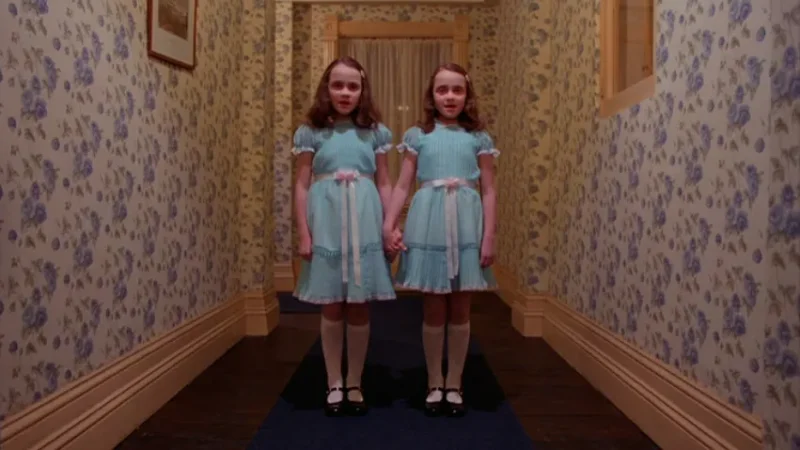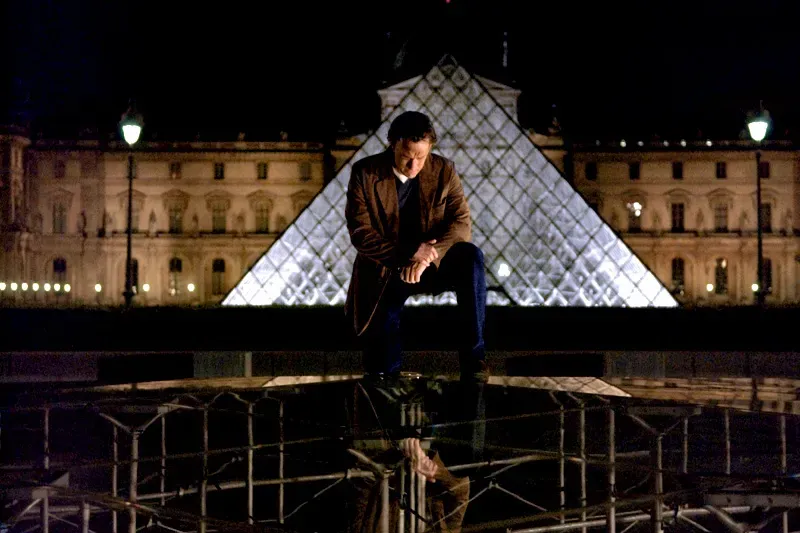Narrative and Themes
'The Mission' is a movie set against the backdrop of 18th-century South America, exploring the collision between colonial powers and indigenous cultures. The film intricately weaves themes of redemption, spirituality, and the clash of civilizations. It follows the journey of a Jesuit priest and a reformed mercenary as they work to protect a remote indigenous tribe from encroaching European forces. Their struggle highlights the moral complexities and ethical dilemmas of colonial expansion.
The movie delves into profound themes of sacrifice and transformation. The characters find themselves caught between their own beliefs and the harsh realities imposed by external forces. Through its powerful storytelling, 'The Mission' questions the legitimacy of colonialism and the moral responsibility of those who seek to impose their will on others. The narrative challenges viewers to reflect on the consequences of cultural imposition and the enduring impact of these historical conflicts.
Cinematography and Soundtrack
'The Mission' is renowned for its breathtaking cinematography, capturing the lush landscapes and cascading waterfalls of the South American jungle. The visual imagery serves as a poignant contrast to the human conflict, enhancing the film's emotional depth. Sweeping shots of the natural environment underscore the beauty and serenity of the world that the characters strive to protect, while also highlighting the fragility of their mission against the relentless tide of change.
The movie's haunting soundtrack, composed by the legendary Ennio Morricone, plays an integral role in conveying its emotional gravity. The music blends indigenous sounds with European orchestral elements, mirroring the cultural fusion at the heart of the story. Through its evocative melodies, the soundtrack intensifies the film's dramatic moments and underscores the spiritual journey of its characters, leaving an indelible impression on audiences.
Impact and Legacy
Since its release, 'The Mission' has been celebrated for its compelling portrayal of historical and cultural tensions. It received critical acclaim, earning several awards and nominations, which solidified its place as a classic in historical drama cinema. The film's exploration of complex moral issues continues to resonate with audiences, prompting discussions on the nature of faith, redemption, and the consequences of imperialism.
The movie's legacy endures not only through its artistic achievements but also in its educational value. It is often used as a tool to explore themes of ethics and history in academic settings. By presenting a nuanced depiction of colonial interactions, 'The Mission' invites viewers to engage with historical narratives and reflect on the enduring impact of past actions on contemporary society. Its influence extends beyond the screen, encouraging ongoing dialogue about cultural understanding and reconciliation.
